On June 14th next year, Germany’s national football team will kick off the European Championships at home at the opening match in Munich. One month later, on July 14th, Berlin will host the final.
For fans hoping to soak up the atmosphere at one of the matches in person, it’s all about the luck of the draw, since tickets will be allocated through a lottery system.
The first application phase for the lottery starts this Tuesday October 3rd at 2pm and will run until October 26th. These are the key rules and dates that fans should know about.
How do I enter the raffle for tickets?
Starting this month, tickets will be sold exclusively via the official European Championship website.
The only restriction is that interested parties can only buy tickets for one match per day and only for up to four people per match. As with last year’s World Cup in Qatar, tickets will only be available digitally rather than in paper form.
If there are more applications than the 1.2 million tickets available at this stage, UEFA promises a “fair and transparent” draw to decide who gets one. Given the high level of interest, this seems likely to happen.
That means that fans will need to rely on Lady Luck if they want to be present in at one of the stadiums around Germany during the Euros – though you’ll only be in with a chance in the first place if you submit an application.
READ ALSO: How a World Cup comment started a human rights debate in Germany
When do I have the best chance of getting tickets?
The best odds are probably in the first phase of ticket sales this month, when 1.2 million tickets are available for purchase. The downside of applying during this phase, however, is that you won’t know what matches you’re applying for – aside from those involving hosts Germany. This will only be clarified after the draw for the group stages of the tournament in Hamburg on December 2nd.
After that, there will be another ticket application phase, which is mainly aimed at fans of the qualified nations. In this phase, around one million tickets will be put on the market.
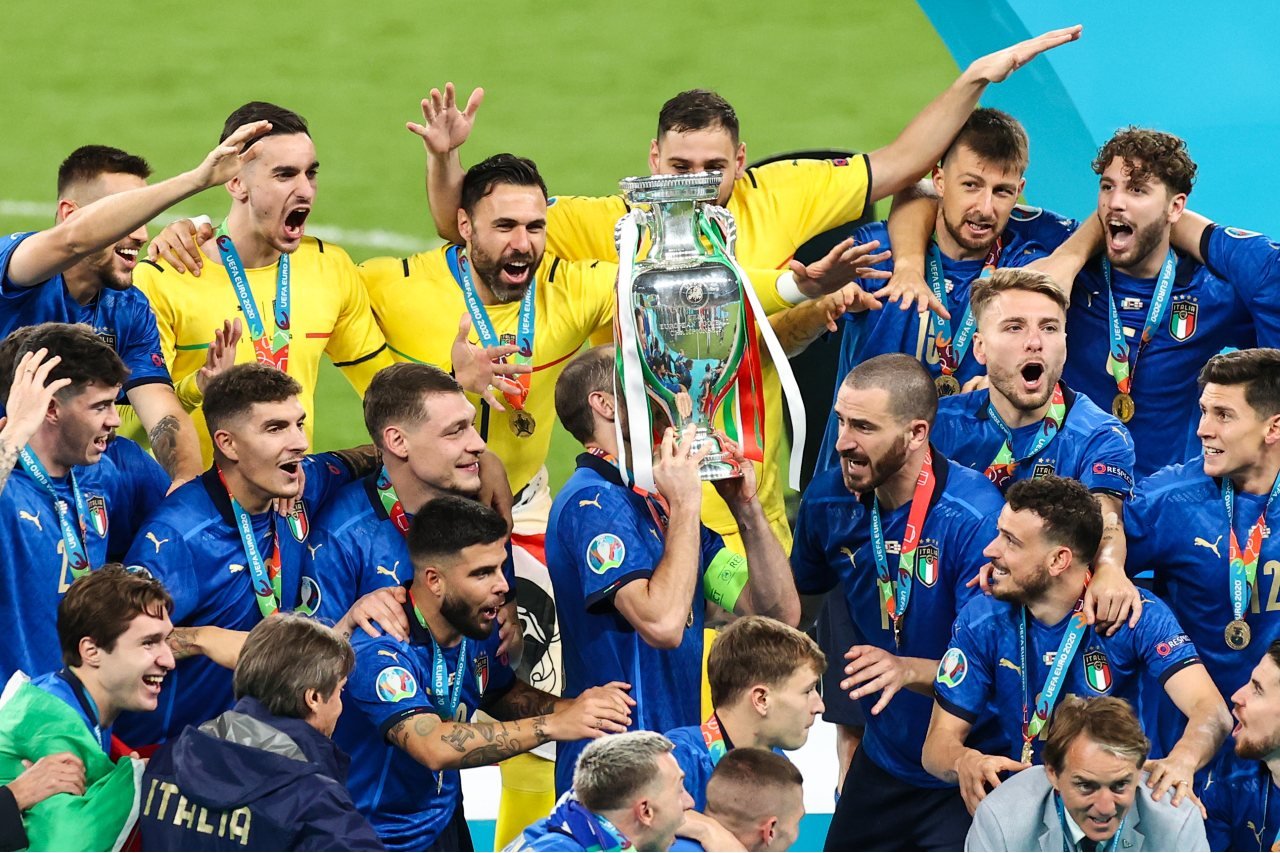
Further phases will follow after the play-offs in March, where the remaining participants of the tournament will be decided, and shortly before the tournament in the “last minute sale” as well as during the tournament for the knock-out round.
Matches will be played in Berlin, Munich, Leipzig, Hamburg, Dortmund, Gelsenkirchen, Cologne, Düsseldorf, Frankfurt/Main and Stuttgart – so there’s likely to be one near you no matter whereabouts in the country you live.
What happens if I don’t win tickets in the raffle?
According to UEFA, unsuccessful applicants will be automatically entered into the so-called ‘Fans First’ programme, which notifies fans when tickets become available due to missed payments or cancellations.
That means that you could still be in with a chance of nabbing a cheap ticket even if you aren’t successful at first – but priority will be given to people depending on their position in the lottery draw.
READ ALSO: German football: Which Bundesliga club should I support?
How much do the tickets cost?
The cheapest tickets are available for €30 in the preliminary round, with the exception of the opening match in Munich, where tickets are available from €50.
From the round of 16 onward, all ticket categories will go up in price. In the most expensive tier, a normal group match ticket costs at least €200, which tickets for the final July 14th Berlin’s Olympic Stadium cost €1,000. The prices are staggered over the course of the tournament and become more expensive with each knockout round.
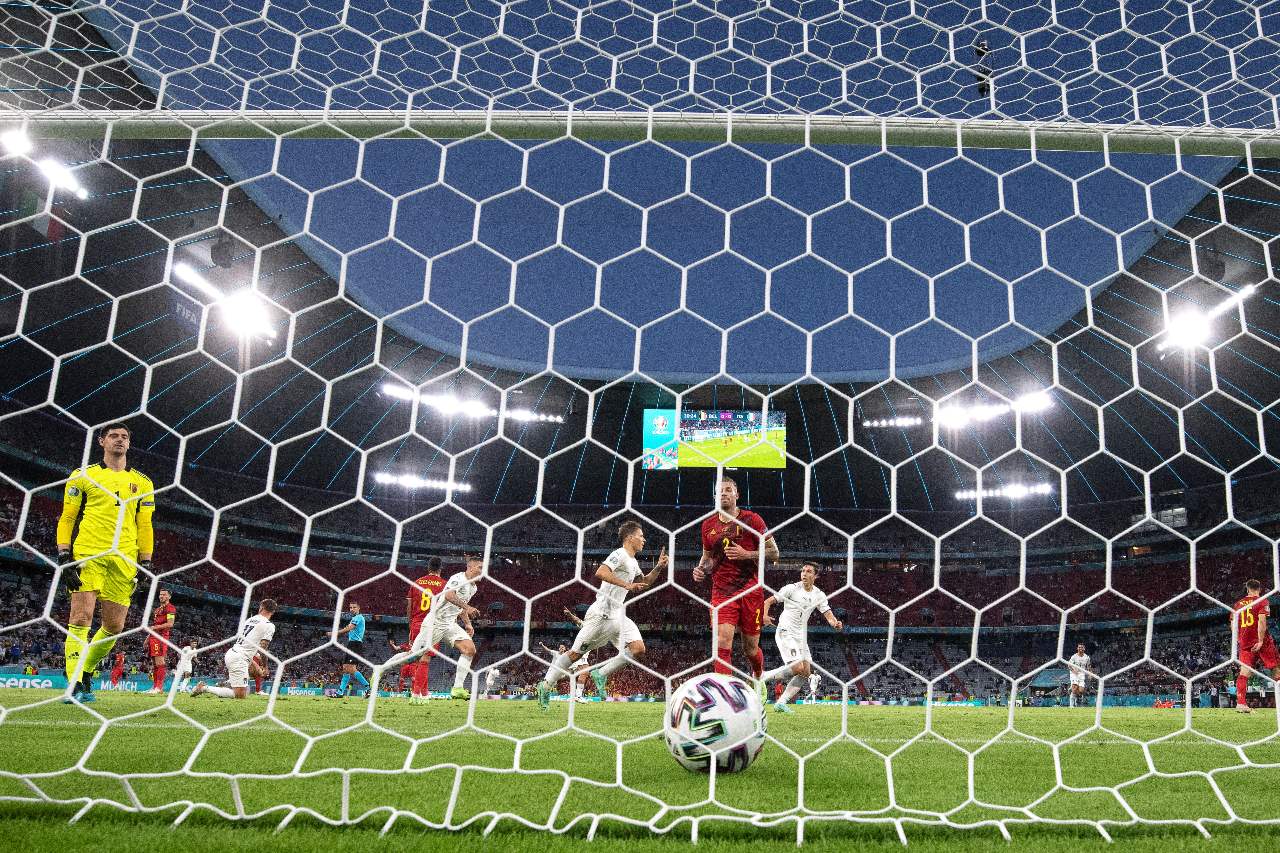
In the preliminary round this month, tickets cost between €30 and €200 for general group matches, and between €50 and €600 for the opening match.
This is followed by the round of 16 (€50 to €250), the quarter-finals (€60 to €300), the semi-finals (€80 to €600) and the final, where tickets cost between €95 and €1,000. For people looking for more of a VIP experience – with no expense spared – immensely pricey hospitality packages have been on the market for some time.
Are tickets personalised? Can they be returned?
Yes, the tickets are personalised to the person who ordered them, meaning they can’t be exchanged. However, UEFA wants to make it possible to return tickets at the original purchase prices or resell them through official channels as a way of combating the pernicious black market.
If you book for up to three guests, you can add their names to the tickets later in the UEFA Euros app. If you’re lucky enough to score tickets for more than one match, your guests can vary from match to match.
READ ALSO: Prince Harry loses penalty shootout to German politican on TV
What about children?
Children who are old enough to need their own seat – i.e. anyone who isn’t a baby or toddler – will need tickets to attend the matches.
“All children, regardless of their age, need a valid ticket and are therefore allocated a seat,” UEFA explained on their website. And don’t expect to get any discounts either: unlike in the Bundesliga, ticket prices aren’t divided into full-fare and concessions.
It’s also worth noting that a certain number of tickets for fans with disabilities will be provided for each match.
“These tickets will be offered in the cheapest category, regardless of where the accessible seats are located in the stadium,” the organisers write.
In addition, a free ticket for an accompanying person can be requested. Standing room is not available at the Euros.

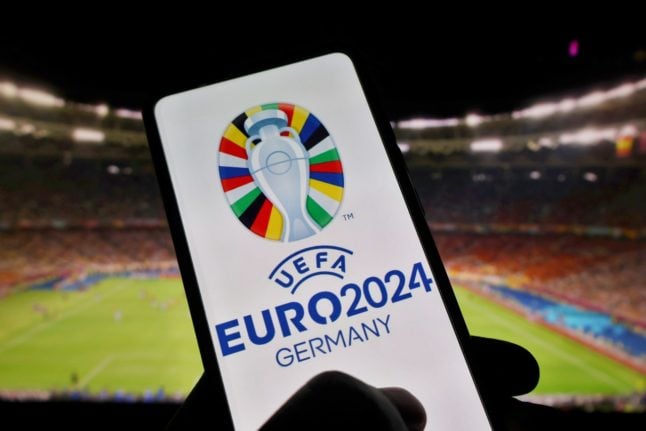
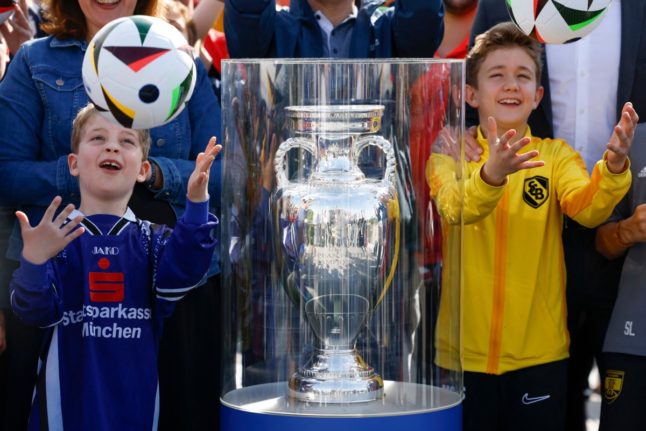
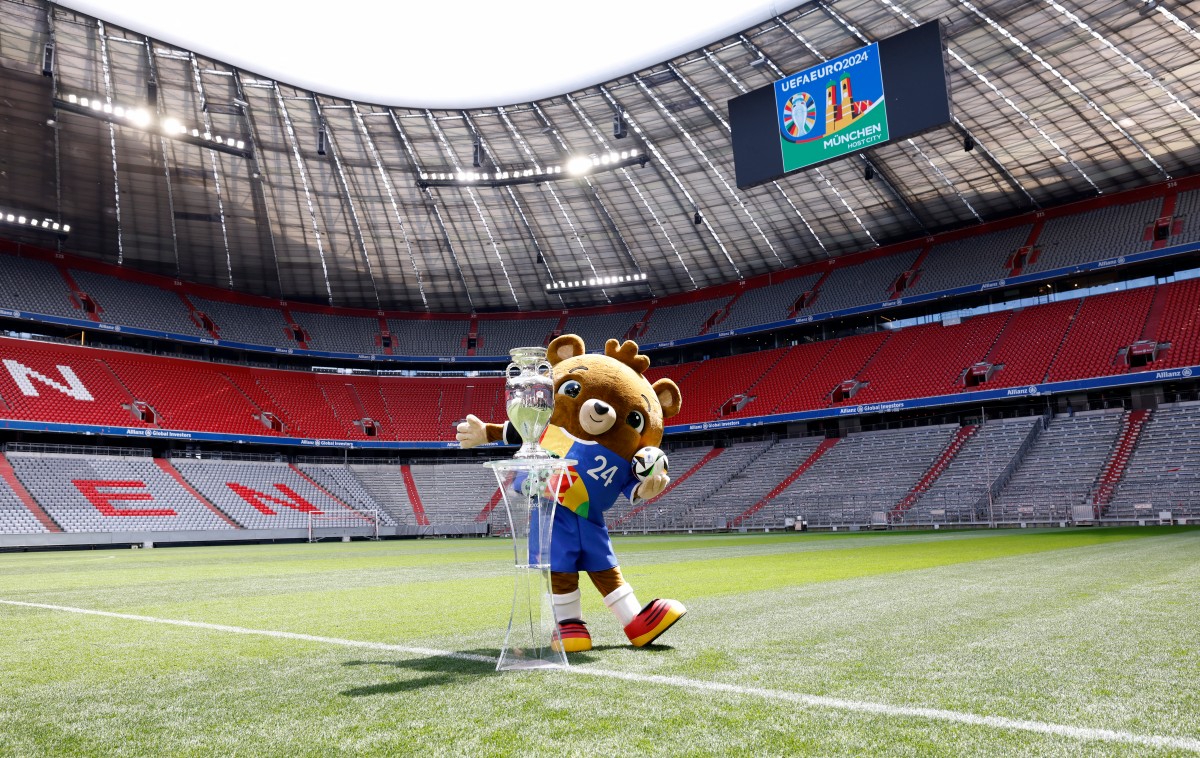
 Please whitelist us to continue reading.
Please whitelist us to continue reading.
thank you for this information, would have completely missed it otherwise